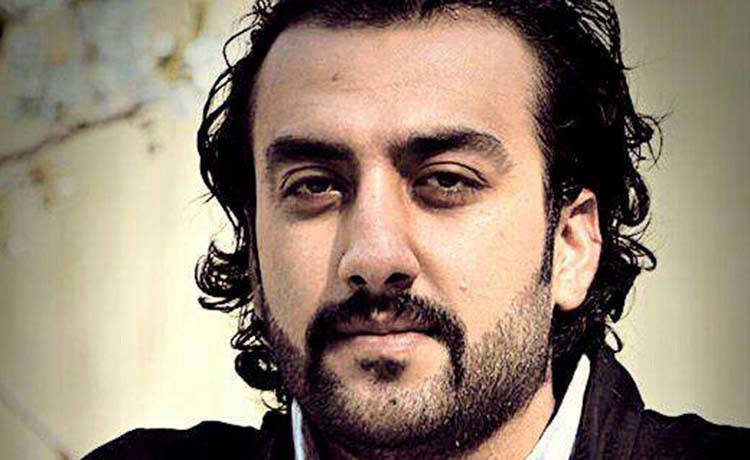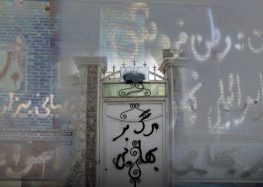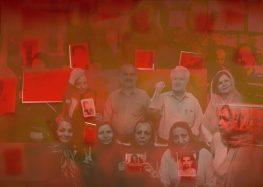Human Rights Activist Told He Must Serve Additional Year in Prison on Day of Expected Release

While his family waited for him outside Rajaee Shahr Prison the day he was supposed to be released, on June 6, 2017, Navid Khanjani was told he would have to spend another year behind bars for his peaceful human rights activism.
“There was no indication Navid was supposed to serve another year in prison,” an informed source told the Center for Human Rights in Iran (CHRI). “But just as he was waiting to be released from Rajaee Shahr Prison to join his family outside, he was told he had been convicted on another case and had to stay in prison for one more year.”
Khanjani, a 30-year-old Baha’i human rights activist, was first arrested on March 2, 2010 by the Intelligence Ministry and released on bail after spending two months in solitary confinement.
On December 20, 2010, Judge Yahya Pirabbasi of Branch 26 of the Revolutionary Court sentenced him to a total of 12 years in prison for the charges of “publishing falsehoods,” “disturbing public opinion,” “propaganda against the state,” “membership in the banned Center for Defenders of Human Rights,” and forming a group to support members of the Baha’i faith who had been expelled from university.
The decision was upheld upon appeal, but Khanjani became eligible for early parole under Article 134 of Iran’s Islamic Penal Code, which allows for only the longest sentence to be served in cases involving convictions on multiple charges.
Khanjani must serve another year in prison for coming to the aid of earthquake victims in August 2012 in East Azerbaijan Province, where he was arrested with 30 other volunteers.
In January 2013, Judge Hamlbar (first name unknown) of Branch 1 of the Tabriz Revolutionary Court sentenced Khanjani and 20 other people to a total of 18 years in prison for “acting against national security.”





